Scotland’s Place on the World Map: A Nation of Resilience, Beauty, and Innovation
Related Articles: Scotland’s Place on the World Map: A Nation of Resilience, Beauty, and Innovation
Introduction
With enthusiasm, let’s navigate through the intriguing topic related to Scotland’s Place on the World Map: A Nation of Resilience, Beauty, and Innovation. Let’s weave interesting information and offer fresh perspectives to the readers.
Table of Content
Scotland’s Place on the World Map: A Nation of Resilience, Beauty, and Innovation
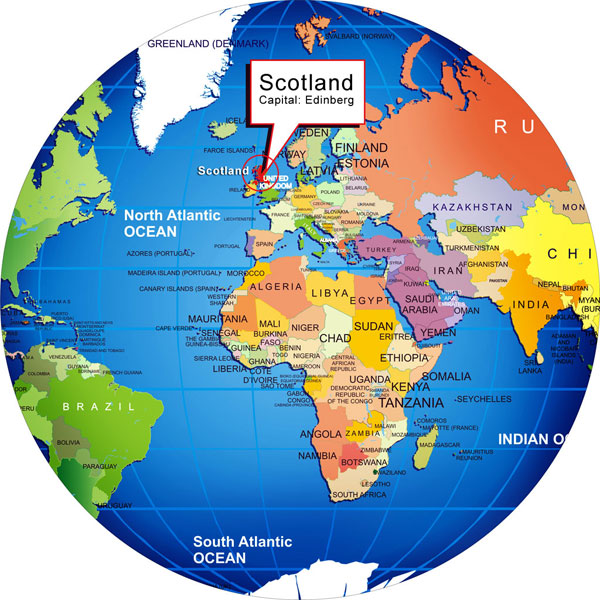
Scotland, a nation nestled in the northernmost reaches of Great Britain, occupies a unique and significant position on the world map. Its rugged landscapes, rich history, and vibrant culture have shaped its identity and contributed to its enduring presence on the global stage. This article explores Scotland’s geographical, historical, and cultural significance, highlighting its contributions to various fields and its enduring appeal as a destination for tourism, investment, and research.
Geographical Significance:
Scotland’s location on the northwestern edge of Europe has played a pivotal role in its history and development. Its northern latitude and proximity to the North Atlantic Ocean have influenced its climate, shaping its unique ecosystems and contributing to its dramatic landscapes. The rugged terrain, characterized by mountains, lochs, and islands, has presented challenges and opportunities for its inhabitants, fostering resilience and a deep connection to the natural world.
The Scottish Highlands, a vast expanse of mountainous terrain, are home to some of the most iconic landscapes in Europe. Ben Nevis, the highest peak in the British Isles, stands as a testament to the region’s dramatic topography. The numerous lochs, including Loch Ness, Loch Lomond, and Loch Awe, are renowned for their natural beauty and cultural significance. The islands, such as Skye, Orkney, and Shetland, offer breathtaking scenery and a glimpse into Scotland’s rich maritime heritage.
Historical Significance:
Scotland’s history is a tapestry woven from ancient roots, Viking raids, medieval kingdoms, and a turbulent relationship with its southern neighbor, England. The nation’s rich historical legacy is evident in its castles, battlefields, and ancient monuments. From the Stone Age settlements of Orkney to the medieval castles of Edinburgh and Stirling, Scotland’s past is etched into its landscape and its people.
The 1707 Act of Union, which united the Kingdom of Scotland with the Kingdom of England, marked a significant turning point in Scotland’s history. While the Union brought stability and economic prosperity, it also sparked a debate about Scottish identity and autonomy. This debate continues to this day, shaping the political landscape and fueling the movement for Scottish independence.
Cultural Significance:
Scotland’s culture is a vibrant blend of tradition and modernity. Its music, literature, and arts have resonated globally, showcasing the nation’s creativity and storytelling prowess. From the haunting melodies of traditional Scottish folk music to the contemporary works of Scottish artists, the nation’s cultural output is diverse and engaging.
The kilt, a traditional garment worn by men, has become an iconic symbol of Scottish identity. Bagpipes, a wind instrument with a distinctive sound, are synonymous with Scottish music and culture. The Highland Games, a series of athletic competitions and traditional events, are celebrated throughout Scotland, showcasing the nation’s strength and spirit.
Economic Significance:
Scotland’s economy is diverse and dynamic, with a strong focus on innovation and sustainability. The nation is a leader in renewable energy, life sciences, and financial services. Its universities and research institutions are renowned globally, attracting students and researchers from around the world.
Tourism plays a vital role in the Scottish economy, drawing visitors from all corners of the globe. The nation’s natural beauty, historical sites, and cultural attractions provide a unique and memorable experience for tourists. Scotland’s commitment to sustainability and responsible tourism has made it a popular destination for environmentally conscious travelers.
Global Impact:
Scotland’s contributions to the world extend far beyond its borders. Its scientists, engineers, and artists have made significant advancements in various fields, leaving an indelible mark on global progress.
Scottish scientists have played a pivotal role in the development of penicillin, the first effective antibiotic, and the discovery of the Higgs Boson particle, a fundamental building block of the universe. Scottish engineers have contributed to the development of the steam engine, the telephone, and the television. Scottish artists, writers, and musicians have inspired generations with their creativity and artistry.
Scotland’s Future:
As Scotland looks to the future, it faces a number of challenges and opportunities. The nation is committed to addressing climate change, promoting social justice, and fostering economic growth. Its commitment to education, innovation, and sustainability will continue to shape its development and ensure its place on the world stage.
FAQs:
Q: What is the official language of Scotland?
A: The official language of Scotland is English. However, Scottish Gaelic is a recognized minority language and is spoken by a significant portion of the population, particularly in the Highlands and Islands.
Q: Is Scotland an independent country?
A: Scotland is a constituent country of the United Kingdom, which is a unitary state. However, there is a strong movement for Scottish independence, and the issue of Scotland’s future status remains a topic of ongoing debate.
Q: What is the capital city of Scotland?
A: The capital city of Scotland is Edinburgh, a historic city renowned for its architecture, culture, and festivals.
Q: What is the population of Scotland?
A: The population of Scotland is approximately 5.5 million.
Q: What are some of the most popular tourist attractions in Scotland?
A: Some of the most popular tourist attractions in Scotland include:
- Edinburgh Castle: A historic fortress perched atop Castle Rock, offering panoramic views of the city.
- Loch Ness: A legendary loch renowned for its association with the mythical monster, Nessie.
- The Isle of Skye: A stunning island with dramatic landscapes, including the Fairy Pools and the Old Man of Storr.
- The Scottish Highlands: A vast expanse of rugged mountains, lochs, and glens, offering breathtaking scenery and opportunities for outdoor adventure.
- The Royal Mile: A historic street in Edinburgh, lined with shops, restaurants, and historic buildings.
Tips for Visiting Scotland:
- Plan your trip in advance, especially if you are visiting during peak season.
- Pack for all types of weather, as Scotland can be unpredictable.
- Consider renting a car to explore the countryside.
- Take advantage of the many outdoor activities available, such as hiking, biking, and kayaking.
- Try some of the local cuisine, including haggis, neeps, and tatties.
- Learn a few basic phrases in Scottish Gaelic.
- Be respectful of the local culture and environment.
Conclusion:
Scotland’s position on the world map is a testament to its enduring resilience, its rich history, and its vibrant culture. From its breathtaking landscapes to its innovative industries, Scotland continues to make a significant contribution to the global community. Its commitment to sustainability, social justice, and education ensures its continued relevance and prosperity in the years to come. As a nation of beauty, innovation, and resilience, Scotland stands as a beacon of hope and inspiration on the world stage.
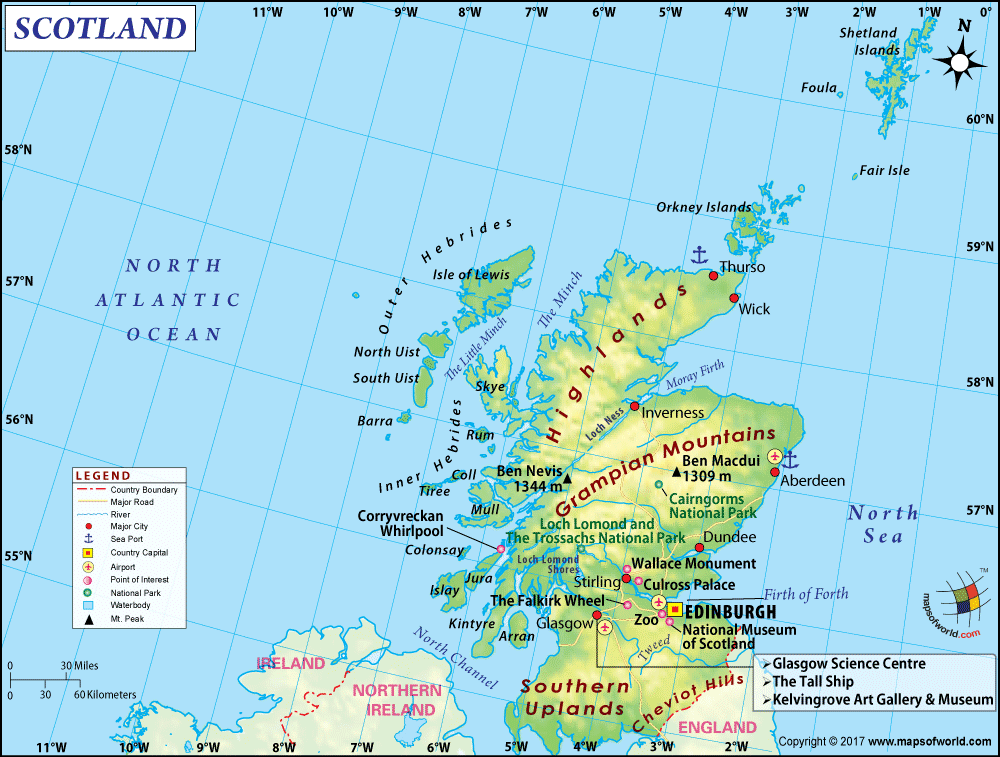
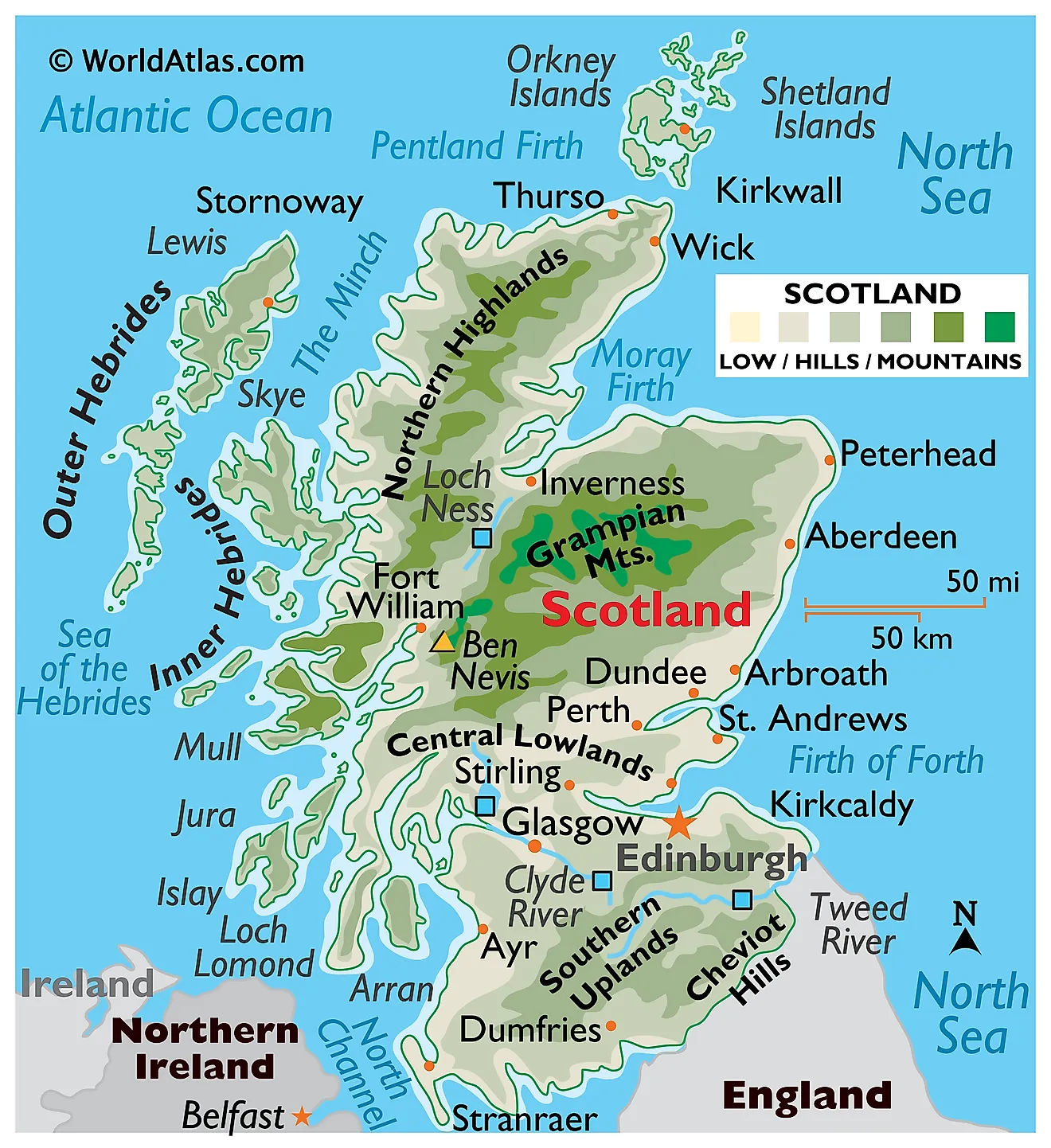
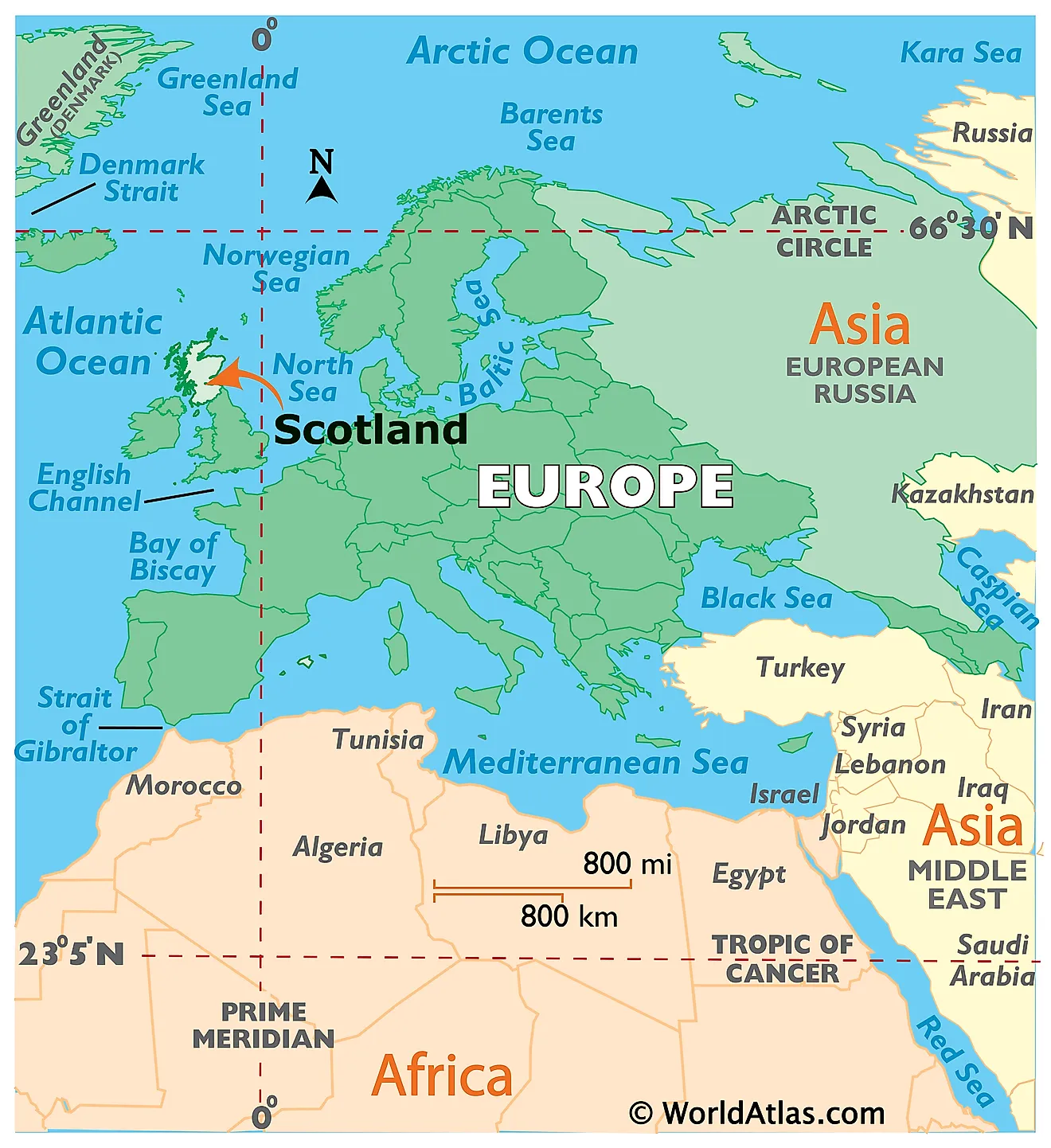


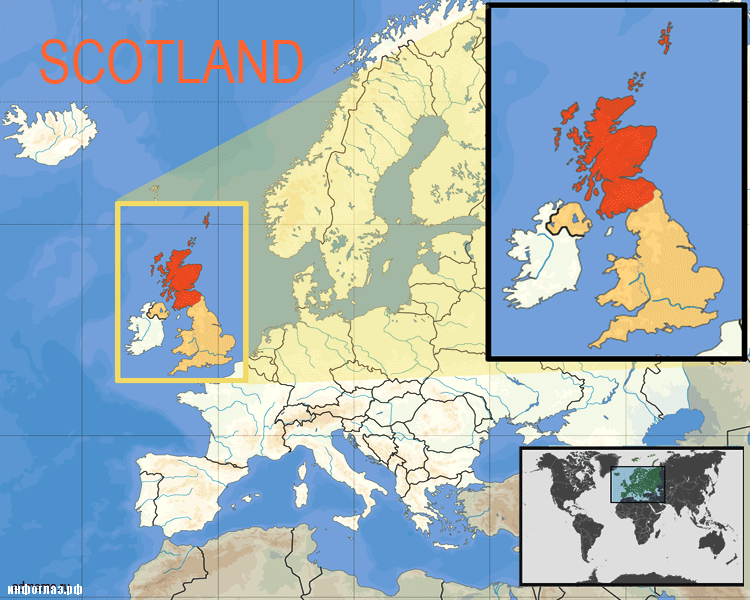


Closure
Thus, we hope this article has provided valuable insights into Scotland’s Place on the World Map: A Nation of Resilience, Beauty, and Innovation. We hope you find this article informative and beneficial. See you in our next article!
